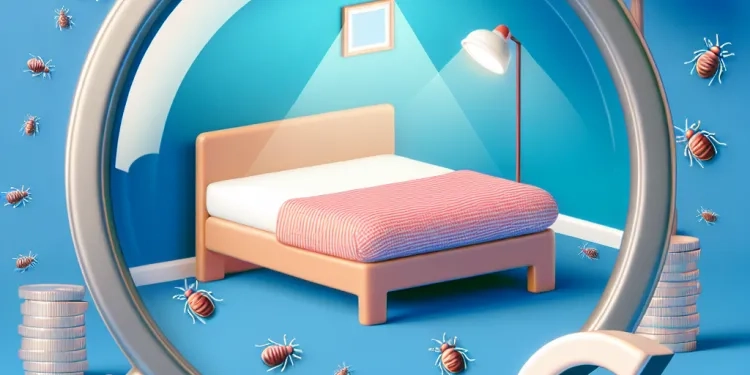
Find Help
More Items From Ergsy search
-
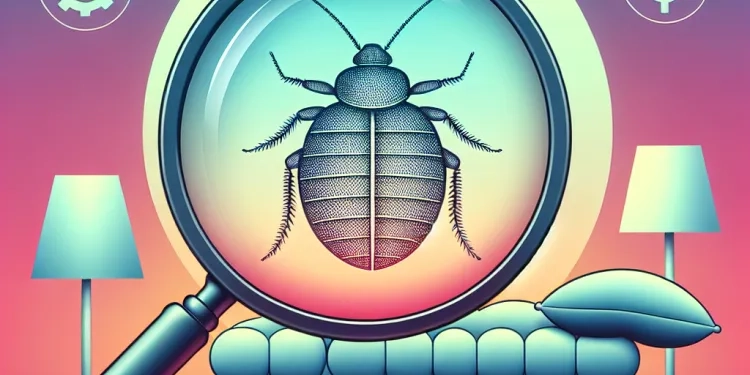
What are bed bugs?
Relevance: 100%
-
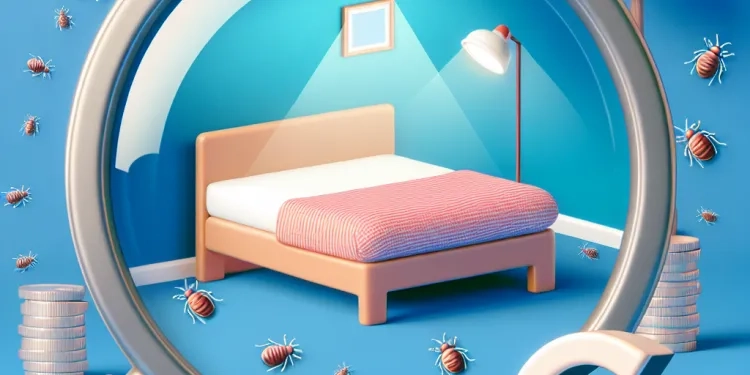
Do bed bugs only live in beds?
Relevance: 100%
-

Bed Bugs / bedbugs
Relevance: 100%
-
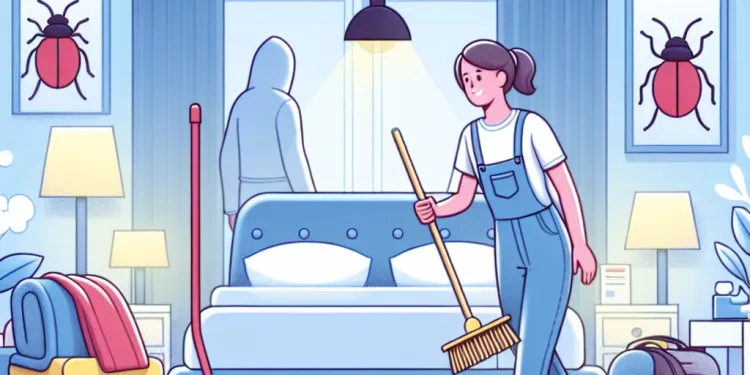
Are bed bugs dangerous?
Relevance: 99%
-
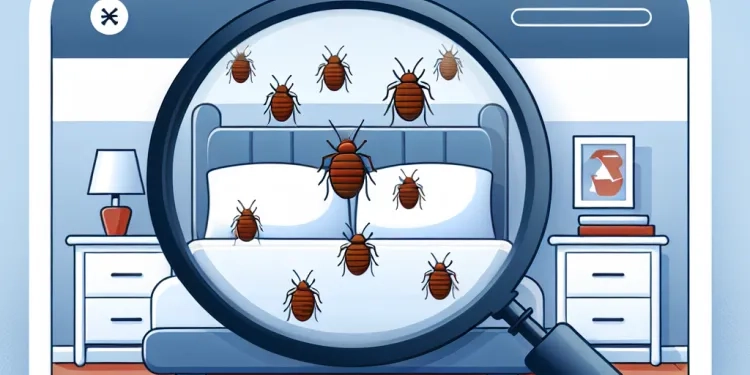
What are the signs of a bed bug infestation?
Relevance: 93%
-
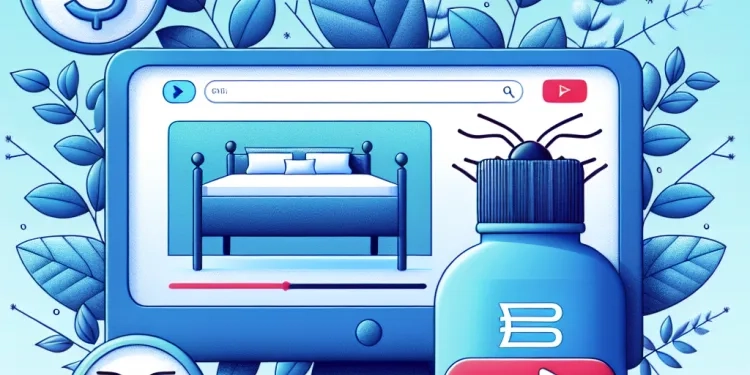
Are there any natural remedies for bed bugs?
Relevance: 92%
-

Why are bed bugs so difficult to eliminate?
Relevance: 92%
-

How do bed bugs enter my home?
Relevance: 91%
-
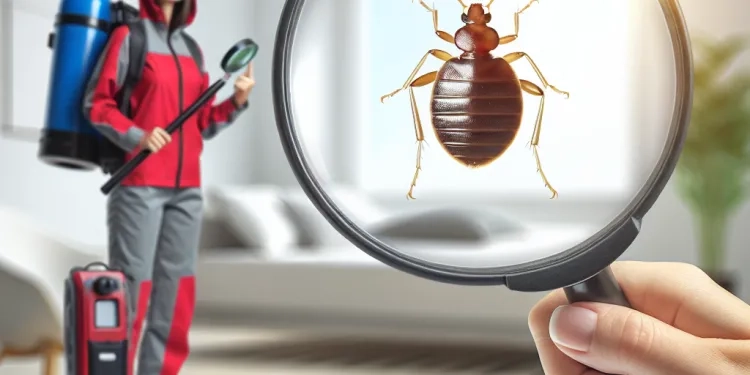
Can I get rid of bed bugs myself?
Relevance: 89%
-

Will disposing of my mattress get rid of bed bugs?
Relevance: 89%
-
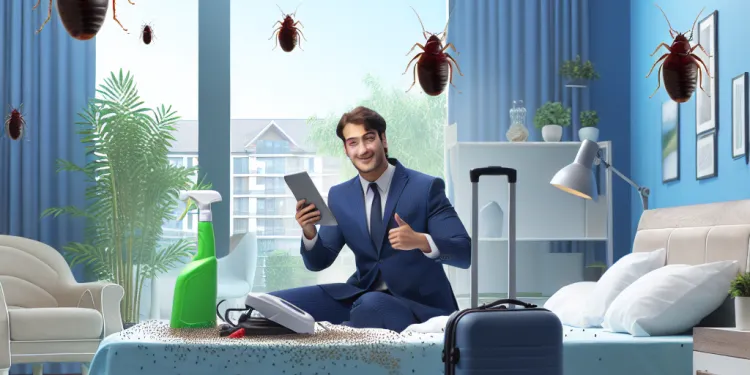
What should I do if I find bed bugs in my house?
Relevance: 88%
-
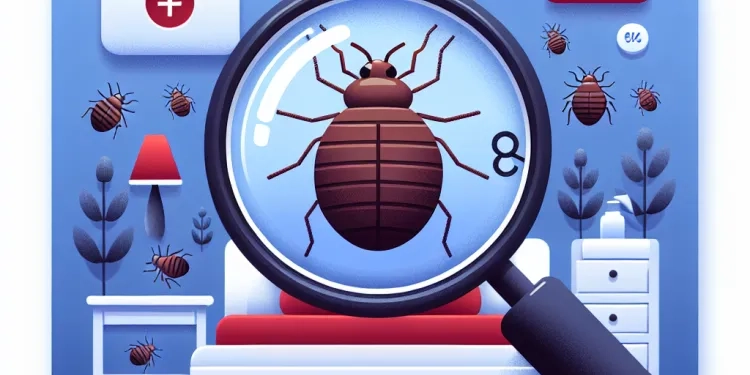
How can I tell if bites are from bed bugs?
Relevance: 86%
-

How can I prevent bringing bed bugs into my home?
Relevance: 86%
-

What items should I wash if I have bed bugs?
Relevance: 85%
-

How much does professional bed bug extermination cost in the UK?
Relevance: 82%
-
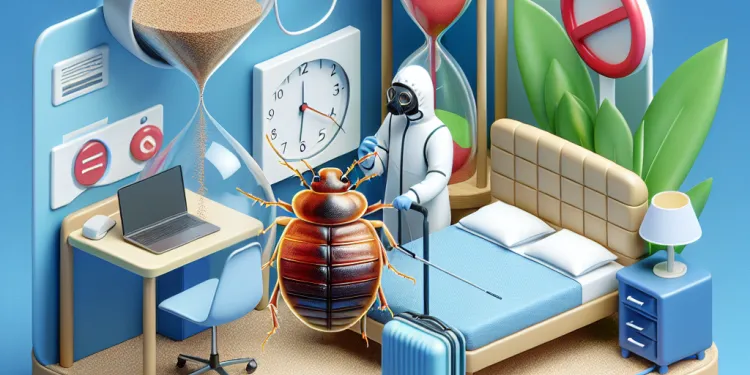
How long does a bed bug extermination process take?
Relevance: 79%
-
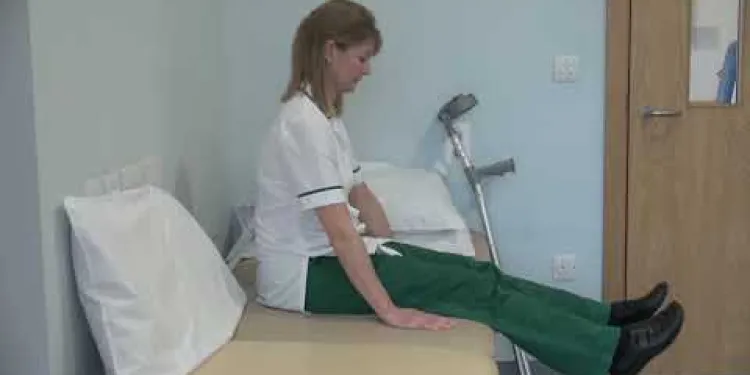
Hip replacement - getting into bed
Relevance: 44%
-
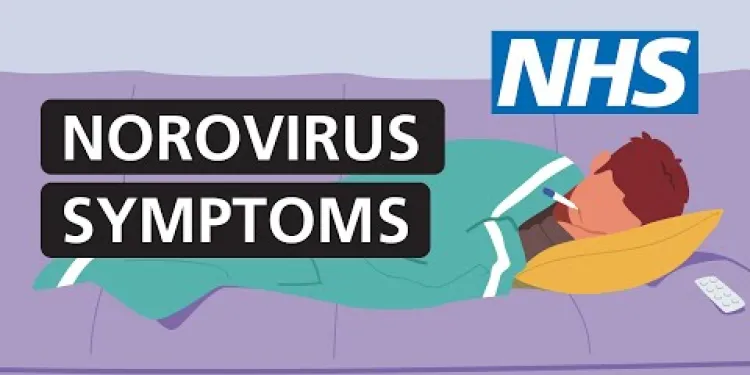
What is norovirus? (Diarrhoea and vomiting bug) | NHS
Relevance: 39%
-

MRSA Bug
Relevance: 34%
-
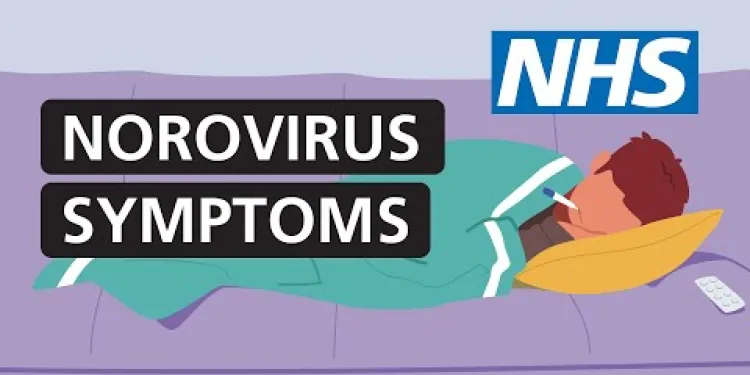
What is norovirus? (Diarrhoea and vomiting bug) | NHS
Relevance: 33%
-

How does screen time before bed specifically affect adolescents?
Relevance: 33%
-
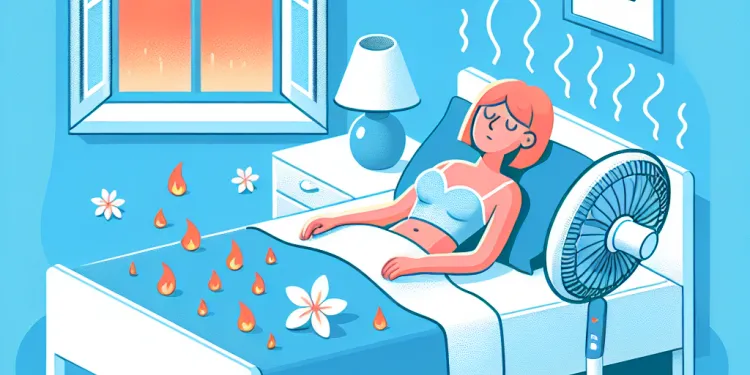
How can I sleep comfortably during a heatwave?
Relevance: 18%
-
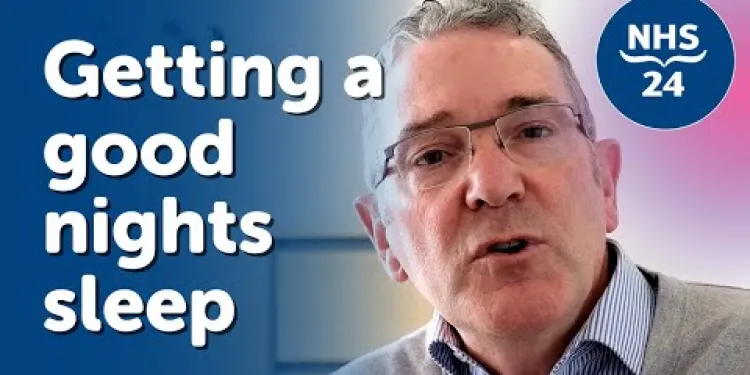
Top Tips to Help You Get a Good Nights Sleep
Relevance: 17%
-

What do pediatricians recommend about baby sleep pillows?
Relevance: 17%
-

Can reducing screen time improve sleep quality?
Relevance: 17%
-

How does screen time affect sleep quality?
Relevance: 16%
-
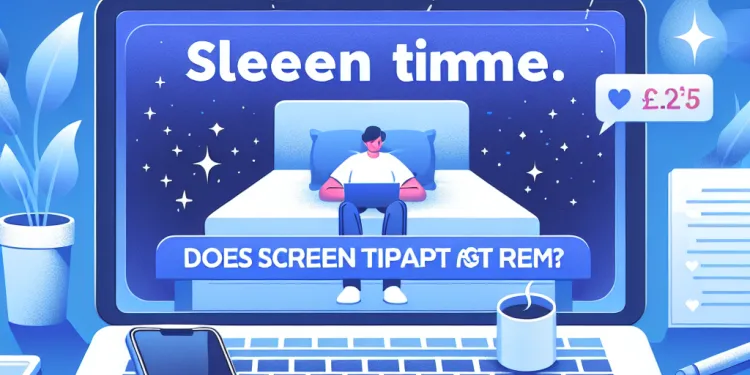
Does screen time impact REM sleep?
Relevance: 16%
-

How do you get scabies?
Relevance: 15%
-

Can HIV be transmitted through insect bites?
Relevance: 15%
-

Are there any screen time guidelines recommended for improving sleep?
Relevance: 15%
-

Does screen time affect both sleep onset and sleep maintenance?
Relevance: 15%
-

What is UV radiation?
Relevance: 14%
-

What are scabies?
Relevance: 14%
-

How should household items be cleaned after a scabies infection?
Relevance: 14%
-

Is scabies contagious?
Relevance: 14%
-

What are some tips for reducing screen time to improve sleep?
Relevance: 14%
-

What specific performance issues led to these refunds?
Relevance: 14%
-

What is the safest sleep environment for an infant?
Relevance: 13%
-

Can dust mites cause asthma and eczema?
Relevance: 13%
-

Can impetigo spread to other parts of my body?
Relevance: 13%
Do Bed Bugs Only Live in Beds?
Bed bugs are a common concern for many households, particularly due to their reputation for being difficult to eradicate. Despite the name "bed bugs," these pesky insects do not confine themselves solely to beds or bedrooms. Understanding their habits and preferred environments is key to effectively dealing with infestations.
Habitats of Bed Bugs
Bed bugs are small, nocturnal creatures that feed on the blood of humans and animals. While beds are a common hotspot due to frequent human presence, bed bugs can live almost anywhere. They thrive in environments where they have easy access to their hosts. This includes places such as sofas, curtains, carpets, and even within electrical outlets and picture frames. In fact, any crack or crevice near where people sit or sleep can serve as their hiding spot.
Factors Contributing to Bed Bug Habitation
Several factors contribute to where bed bugs choose to reside. Clutter provides more hiding spaces, enhancing their chances of survival. Moreover, locations with frequent human traffic, like hotels or public transportation vehicles, often experience more significant infestations. Temperature and humidity also play roles; bed bugs prefer warm environments similar to those found in most UK homes.
Prevention and Control in the UK
Preventing bed bug infestations involves regular inspections, maintaining cleanliness, and reducing clutter. Using protective bed covers, regularly washing bed linens in hot water, and vacuuming can also help. For those in the UK, it is crucial to be vigilant, especially after travel, as bed bugs can easily hitch a ride in luggage or clothing. In the event of an infestation, seeking professional pest control services is often the most effective way to ensure complete elimination.
Do Bed Bugs Only Live in Beds?
Many people are worried about bed bugs because they are hard to get rid of. Even though they are called "bed bugs," they don’t just live in beds. Knowing where they like to live can help you stop them.
Where Do Bed Bugs Live?
Bed bugs are tiny bugs that come out at night. They bite people and animals to drink their blood. They like beds because people sleep there, but bed bugs can hide anywhere. They live in places like sofas, curtains, carpets, and even inside electrical sockets and picture frames. They hide in any small crack or gap near where people sit or sleep.
Why Do Bed Bugs Live in Certain Places?
There are reasons why bed bugs choose certain places to live. Clutter gives them more places to hide. Places with a lot of people, like hotels and buses, might have more bed bugs. They also like warm places, like many homes in the UK.
How to Stop and Control Bed Bugs in the UK
To stop bed bugs, keep your home clean and tidy. Check your home often, and don’t leave things lying around. Use covers on your bed and wash sheets in hot water. Vacuum your home to remove any bugs. After traveling, check your luggage and clothes for bed bugs. If you find bed bugs, it’s best to call pest control experts to help get rid of them completely.
Frequently Asked Questions
Do bed bugs only live in beds?
No, bed bugs can live in various places besides beds, including furniture, cracks in walls, and carpets.
Where else can I find bed bugs besides in beds?
Bed bugs can be found in couches, behind wallpaper, in electrical outlets, and in crevices around the home.
How can I identify a bed bug infestation?
Look for small, reddish-brown insects, dark spots on bedding, shed exoskeletons, or a musty odour around your sleeping area.
Can bed bugs spread diseases?
No, bed bugs are not known to transmit diseases, but their bites can cause itching and discomfort.
What are the signs of bed bug bites?
Bed bug bites often appear as small, red, itchy welts, commonly in a line or cluster.
Are bed bugs more active at certain times of the day?
Yes, bed bugs are primarily nocturnal and are most active at night when people are asleep.
How do bed bugs enter homes?
Bed bugs can enter homes through luggage, clothing, second-hand furniture, or by travelling between units in multi-residence buildings.
What should I do if I suspect a bed bug infestation?
Contact a professional pest control service for an inspection and treatment plan as soon as possible.
Can bed bugs survive without feeding on blood?
Yes, bed bugs can survive several months without a blood meal, depending on temperature and humidity.
What measures can I take to prevent bed bugs?
Inspect second-hand furniture, use protective covers on mattresses, and reduce clutter in the home.
Is it possible to get rid of bed bugs on your own?
While DIY methods exist, it's often necessary to use professional pest control services for effective removal.
How long does it typically take to eliminate bed bugs?
The time varies depending on the severity of the infestation and treatment methods, but it can take several weeks.
Can bed bugs fly or jump?
No, bed bugs cannot fly or jump; they move by crawling.
Are bed bug bites dangerous?
While not dangerous, bed bug bites can cause allergic reactions and skin infections from excessive scratching.
Do bed bugs prefer dirty environments?
No, bed bugs are not attracted to dirt and grime; they are attracted to warmth and carbon dioxide and can thrive in clean environments.
Are bed bugs only in beds?
No, bed bugs do not just live in beds. They can also live in furniture, small cracks in walls, and carpets.
Where can I find bed bugs besides in beds?
Bed bugs do not only live in beds. They can also be in:
- Furniture, like sofas and chairs.
- Cracks in the walls or floors.
- Carpets.
- Behind picture frames.
- Inside electrical outlets.
To help find bed bugs, use a flashlight and a magnifying glass. It's also good to check places where people sleep or sit for a long time.
Bed bugs are tiny bugs you can find in different parts of your home. They can hide in the couch, behind the wall paper, inside electric plugs, or in small cracks around the house.
How can I know if I have bed bugs at home?
Check for tiny bugs that are red-brown in color. Look for dark spots on your bed. Watch out for old bug skins or a bad smell near where you sleep.
Do bed bugs make you sick?
Bed bugs are tiny bugs that can bite you. They do not make you sick. They do not spread diseases.
Bed bugs can make you itch when they bite. If you scratch a lot, your skin might get sore.
If you find bed bugs, tell a grown-up. They can help get rid of them.
If you want help reading, you can try using audio books or reading apps. These tools can read the words out loud to you.
No, bed bugs do not spread diseases. But their bites can make you itch and feel uncomfortable.
How can I tell if bed bugs have bitten me?
It's important to know if bed bugs have bitten you. Here are some things to look for:
- Small, red marks on your skin
- Itchy, raised bumps
- Lines or clusters of bites
- They usually bite on arms, legs, and back
If you think you have bed bug bites, you can:
- Talk to an adult or a doctor
- Use a cool cloth to help the itching
- Try not to scratch the bites
These simple steps can help you understand and feel better.
Bed bug bites are little, red bumps that can be very itchy. They usually show up in a row or a bunch.
You can try tools like magnifiers to help see what they look like better.
Do bed bugs come out more at some times of the day?
Yes, bed bugs are more active at night. They like to come out when it is dark.
Here are some tips to help you if you have bed bugs:
- Use a flashlight to check your bed at night.
- Ask an adult to help you clean your room.
- Keep your bed away from the wall.
- Talk to a pest expert if you need more help.
Yes, bed bugs usually come out at night. They are most busy when people are sleeping.
How do bed bugs get into homes?
Bed bugs are tiny bugs that can come into your house in different ways. Here are some ways they can get in:
- They can hide in bags and clothes when you travel.
- They can come in with used furniture, like beds and couches.
- They can move from one home to another if places are close.
If you want help to stop bed bugs, you can use these tips:
- Check your bags and clothes when you come home, especially after traveling.
- Clean and check second-hand furniture before bringing it inside.
- Keep your home clean and tidy to make it harder for bed bugs to hide.
These tips can help keep bed bugs away. If you need more help, ask a grown-up or a pest control expert.
Bed bugs can get into homes in different ways. They might hide in your suitcase, clothes, or used furniture. They can also move from one apartment to another.
What to do if you think you have bed bugs?
If you think you have bed bugs at home, do these things:
- Look for bugs on your bed and in your room.
- Tell an adult or call someone for help.
- Clean your bed sheets and clothes in hot water.
- Try not to move things to other rooms.
You can use a magnifying glass to see better.
Call a bug expert for help. They can check your home and help get rid of the bugs quickly.
Can bed bugs live without eating blood?
Bed bugs need blood to live. But, they can stay alive for a long time without eating.
If you want to learn more, you can use helpful tools. For example, you can use pictures and videos. These can make it easier to understand.
Yes, bed bugs can live for many months without eating. How long they can live depends on how warm and wet it is.
To help you understand better, you can use a dictionary to look up words you don't know, or ask someone to explain.
How can I stop bed bugs from coming into my home?
Here are some easy steps you can follow:
- Keep your room clean and tidy.
- Wash your bedding in hot water often.
- Check second-hand furniture for bugs before bringing it inside.
- Use a protective cover on your mattress and pillows.
- Look for small bugs or tiny dark spots on your bed and furniture.
Supportive tools and techniques can help. Try setting a reminder to clean your bedding weekly or ask someone to help check for bed bugs.
Check used furniture carefully. Put covers on your mattresses to keep them safe. Keep your home tidy and simple.
Can you get rid of bed bugs by yourself?
You can try to get rid of bed bugs on your own. Here are some simple steps to help:
- Use a vacuum cleaner to clean your bed and furniture.
- Wash your sheets, blankets, and clothes in hot water.
- Put things like toys and pillows in a hot dryer for 30 minutes.
- Look for sprays or powders made to kill bed bugs.
- Seal cracks in walls and floors to stop them from hiding.
- Ask an adult for help if it feels too hard.
Remember, bed bugs are tiny and tricky. Sometimes asking a pest control expert might be the best idea. They have special tools and know how to find and remove all the bed bugs.
You can try to get rid of pests yourself. But, sometimes it is better to call a pest control expert to do the job well.
How long does it usually take to get rid of bed bugs?
Getting rid of bed bugs can take some time. Usually, it will take a few weeks, but sometimes longer, to make sure all the bed bugs are gone.
To help, you can use tools like a vacuum to clean your bed and other places where bed bugs might hide.
You might also want to ask an adult or a professional for help. They know how to use special sprays and traps to make sure the bed bugs are gone.
The time it takes can be different. It depends on how bad the problem is and how you fix it. It might take a few weeks.
Can bed bugs fly or jump?
Bed bugs cannot fly. They also cannot jump. Bed bugs can only crawl. If you need help understanding this, you can use pictures of bed bugs to see how they move. You can also ask someone to explain it to you.
No, bed bugs cannot fly or jump. They move by crawling.
Are bed bug bites dangerous?
Do you want to know if bed bug bites are harmful?
Bed bugs are tiny bugs that can bite you while you sleep. Most of the time, these bites are not dangerous. They might make your skin itchy and red.
If you scratch the bites too much, they could get infected. It's best to keep the bites clean and try not to scratch them.
If you feel very sick or have a strong reaction to the bites, it is important to tell an adult and see a doctor.
Using soothing creams or asking for help from an adult can help with the itching.
Bed bug bites are not dangerous. But they can make you itchy. If you scratch a lot, you might get a skin infection or an allergic reaction. Here are some tips to help:
- Use an anti-itch cream to stop the itch.
- Try not to scratch the bites to keep your skin safe.
- If you feel sick or have a big reaction, talk to a doctor.
Do bed bugs like messy places?
Bed bugs can live anywhere. They do not need dirt or mess. They just need people or animals to bite. Bed bugs can live in clean places too. It is important to clean often. This can help find bed bugs early.
Here are some helpful tips:
- Use a flashlight to check for bed bugs.
- Wash bedding in hot water.
- Keep rooms tidy to see bed bugs easily.
No, bed bugs do not like dirt. They like warm places and areas where people breathe out carbon dioxide. Bed bugs can live in clean places too.
Useful Links
This website offers general information and is not a substitute for professional advice.
Always seek guidance from qualified professionals.
If you have any medical concerns or need urgent help, contact a healthcare professional or emergency services immediately.
Some of this content was generated with AI assistance. We’ve done our best to keep it accurate, helpful, and human-friendly.
- Ergsy carfully checks the information in the videos we provide here.
- Videos shown by Youtube after a video has completed, have NOT been reviewed by ERGSY.
- To view, click the arrow in centre of video.
- Most of the videos you find here will have subtitles and/or closed captions available.
- You may need to turn these on, and choose your preferred language.
- Go to the video you'd like to watch.
- If closed captions (CC) are available, settings will be visible on the bottom right of the video player.
- To turn on Captions, click settings .
- To turn off Captions, click settings again.
More Items From Ergsy search
-

What are bed bugs?
Relevance: 100%
-

Do bed bugs only live in beds?
Relevance: 100%
-

Bed Bugs / bedbugs
Relevance: 100%
-

Are bed bugs dangerous?
Relevance: 99%
-

What are the signs of a bed bug infestation?
Relevance: 93%
-

Are there any natural remedies for bed bugs?
Relevance: 92%
-

Why are bed bugs so difficult to eliminate?
Relevance: 92%
-

How do bed bugs enter my home?
Relevance: 91%
-

Can I get rid of bed bugs myself?
Relevance: 89%
-

Will disposing of my mattress get rid of bed bugs?
Relevance: 89%
-

What should I do if I find bed bugs in my house?
Relevance: 88%
-

How can I tell if bites are from bed bugs?
Relevance: 86%
-

How can I prevent bringing bed bugs into my home?
Relevance: 86%
-

What items should I wash if I have bed bugs?
Relevance: 85%
-

How much does professional bed bug extermination cost in the UK?
Relevance: 82%
-

How long does a bed bug extermination process take?
Relevance: 79%
-

Hip replacement - getting into bed
Relevance: 44%
-

What is norovirus? (Diarrhoea and vomiting bug) | NHS
Relevance: 39%
-

MRSA Bug
Relevance: 34%
-

What is norovirus? (Diarrhoea and vomiting bug) | NHS
Relevance: 33%
-

How does screen time before bed specifically affect adolescents?
Relevance: 33%
-

How can I sleep comfortably during a heatwave?
Relevance: 18%
-

Top Tips to Help You Get a Good Nights Sleep
Relevance: 17%
-

What do pediatricians recommend about baby sleep pillows?
Relevance: 17%
-

Can reducing screen time improve sleep quality?
Relevance: 17%
-

How does screen time affect sleep quality?
Relevance: 16%
-

Does screen time impact REM sleep?
Relevance: 16%
-

How do you get scabies?
Relevance: 15%
-

Can HIV be transmitted through insect bites?
Relevance: 15%
-

Are there any screen time guidelines recommended for improving sleep?
Relevance: 15%
-

Does screen time affect both sleep onset and sleep maintenance?
Relevance: 15%
-

What is UV radiation?
Relevance: 14%
-

What are scabies?
Relevance: 14%
-

How should household items be cleaned after a scabies infection?
Relevance: 14%
-

Is scabies contagious?
Relevance: 14%
-

What are some tips for reducing screen time to improve sleep?
Relevance: 14%
-

What specific performance issues led to these refunds?
Relevance: 14%
-

What is the safest sleep environment for an infant?
Relevance: 13%
-

Can dust mites cause asthma and eczema?
Relevance: 13%
-

Can impetigo spread to other parts of my body?
Relevance: 13%


